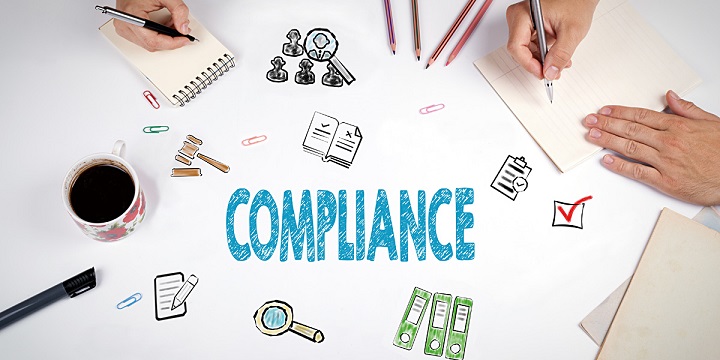Forte Tax & Law » News » Protecting competition: Introduction of antitrust compliance in Russia
Protecting competition: Introduction of antitrust compliance in Russia
Amendments[1] to the law on protection of competition[2], which introduce the concept of “a system for ensuring compliance with the requirements of antitrust law, i.e. antitrust compliance” entered into force on March 12, 2020.
What is antitrust compliance?
Antitrust compliance, in general terms, is a system of organizational and legal measures intended:
- for companies to comply with antitrust regulations;
- to prevent violation of antitrust laws.
Introducing antitrust compliance is a right rather than an obligation for companies.

How are antitrust compliance policies drafted, issued and adopted?
Antitrust compliance policies should, as a general rule, be issued as corporate internal regulations (further “antitrust compliance policy”).
The law on protection of competition provides that antitrust compliance policies may regulate an unlimited number of issues and must include the following provisions:
- Requirements for risk assessment;
- Risk mitigation measures;
- Control measures;
- Procedure for familiarizing employees with the policy;
- Details of the company officer responsible for the performance of the antitrust compliance system.
Upon adoption of an antitrust compliance policy, companies have to post on their website that they have done so.
It is interesting to note that if a company is part of a group of companies[3] in which one of the companies has adopted an antitrust compliance policy, then such policy may be valid and applied by the other companies of the group.
The law, however, does not specify when such antitrust compliance policy should apply to the other companies (for example, should it be applied automatically after its adoption? Should the company that has adopted the policy have control over the other companies of the group?)
In such case, it would make sense for each company of the group to implement the antitrust compliance policy adopted by one of the group companies by, for example, issuing a company director order.
The law on protection of competition also enables companies to submit to the Federal Antimonopoly Service their antitrust compliance policy or draft policy to find out whether they comply with the requirements of antitrust laws. The Federal Antimonopoly Service reviews these policies and gives an opinion on whether or not they comply with antitrust laws.
Does it make sense to adopt an antitrust compliance policy?
According to an explanatory note to the protection of competition bill, antitrust compliance policies are seen as a tool to prevent violations of antitrust laws and reduce antitrust risks (e.g. turnover-based fines and criminal liability).
Indeed, the Russian Government considers that if a company (1) has got its antitrust compliance policy approved by a state body and (2) has acted strictly within the framework of this policy, then the company cannot be recognized as an offender of antitrust laws.
So, in practice, implementing an antitrust compliance policy may release companies from liability or, at least, reduce liability. It should be noted, however, that this provision is not specified in the published version of the law on protection of competition.
At your request, we would be pleased to provide more detailed advice on the requirements of antitrust compliance laws.
If you have any questions or would like to discuss these amendments, please write to Ekaterina Belyaeva.
Truly yours,
[1] Amendments introduced by Federal Law No. 33-FZ On Introduction of Amendments to Federal Law On Protection of Competition
[2] Federal Law No. 135-FZ On Protection of Competition dated July 26, 2006 (as amended on March 01, 2020)
[3] Signs of “group of entities” under antitrust law as provided in Article 9 of the law on protection of competition. In general terms, a group of entities refers to business entities that have the ability to control each other.
